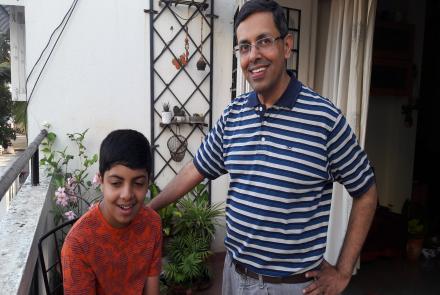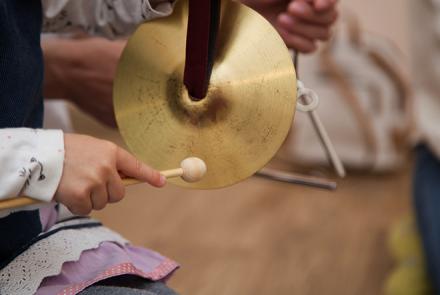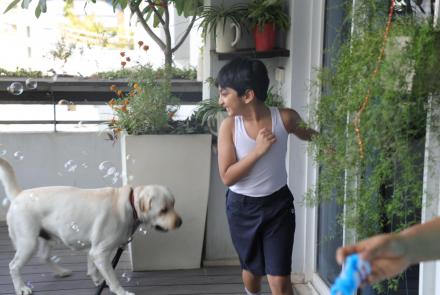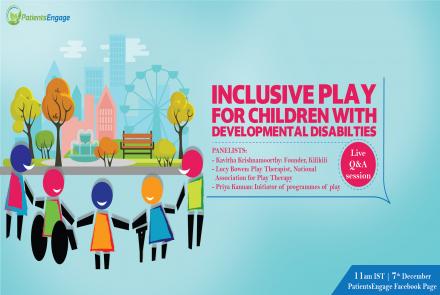
Maveen Pereira is a mother of a young adult on the autism spectrum. She tells you what to do when your child seems to be acting out tantrums or seems to be out of control.
TANTRUMS:
1. Be Prepared for one: It is important to know what triggers a tantrum, how long these normally last, how it is manifested (violence to self, violence to others, jumping,…), what would prevent one from happening (e.g. preparing the child for a change in the routine if change triggers a tantrum). The more we are prepared, the more confident we will be to deal with the episode.
2. Stay Calm: Particularly if we are in a public place it can be fairly embarrassing and we tend to panic. If we stay calm we can deal with things better. Often what is running in our minds is ‘what will people think?’ So let’s get that thought out of our minds and stay in the ‘present’ for our child.
3. Move the Child away from a busy / crowded area: This is a tough one if the child is strong, but try to do this – it will help to deal with it calmly too. This will also ensure that the child is safe, and not in a position to hurt themselves or others.
4. Give soft but firm instructions: Shouting will only intensify the tantrum. Keep speaking quietly giving positive feedback. Some children tend to shut their eyes tight – try to get them to open their eyes, so they are more aware of the environment, make eye contact and can understand what is being said. All adults (parents, grandparents, teachers, guardians) need to have a consistent response or the child can play one against the other.
5. A tantrum has a limited shelf life – it will pass: Keep this at the back of the mind – it really helps to keep patient and stay positive. Our son’s episodes used to last 45 minutes (which seemed like 45 hours at the time!), but we could time it and felt comforted that there is an end.
HYPERACTIVITY
1. Plan a routine for the child: Having a time table for each day of the week is important so the child is aware of what comes next
2. Short-timed activities to match his/her attention span: This is important so that the child does not get bored, which would start the restlessness. Know what s/he enjoys – this will add to the excitement of doing things and keep the concentration for longer.
3. Sleep when the child sleeps: Physical activities are important to tire them out, so that they sleep. Parents with hyperactive children need to rest when they can. Some children (like my son) had very short sleeping hours, so if we did not sleep when he did, it would make us grumpy parents and prompt us to become impatient and that is a trigger for more negative behaviour.
4. Keep visits to friends and other places short: It is hard meeting friends or to shop when we are worried about how our child will behave. Having a hyperactive child reduces the quality time we have with friends. So go accompanied, so that the other person can help give us a break so we can talk or shop peacefully. It is important to warn friends of our visits – so they are prepared too. Sometimes they may want to make the house child-friendly and keep breakable items out of reach.
5. Work in partnership: Though it feels like something that never ends – I promise this will reduce as the child grows up. However, one of the things that has worked for us immensely is to have a partnership with school and other professionals who work with the child. The strategy needs to be agreed and used consistently by all involved.
















